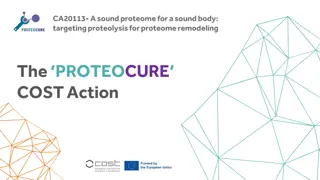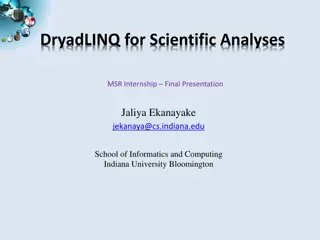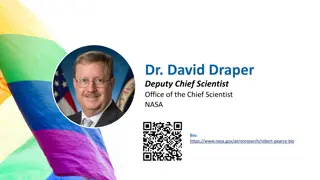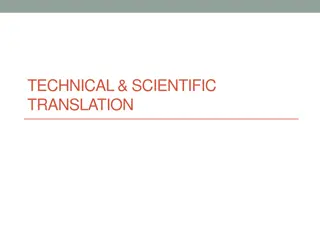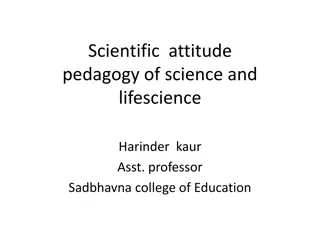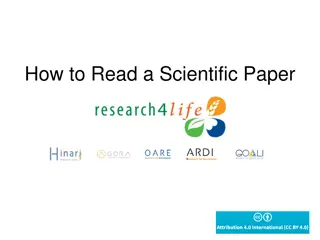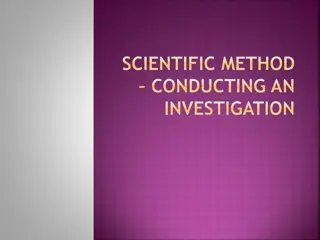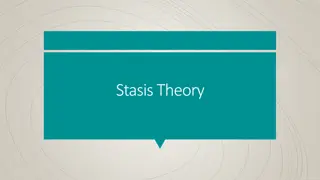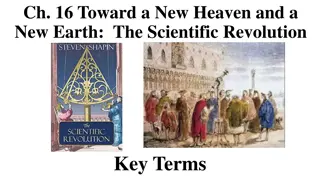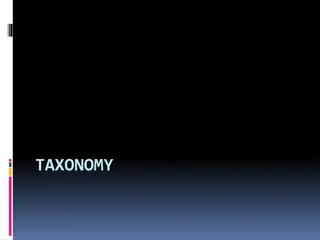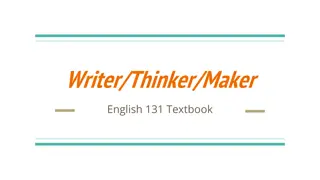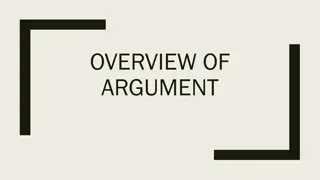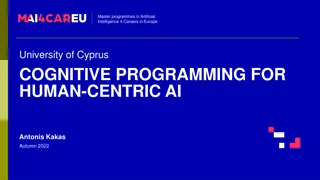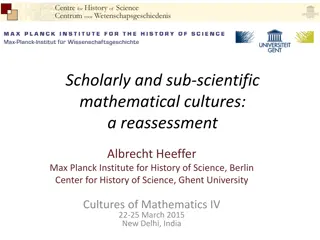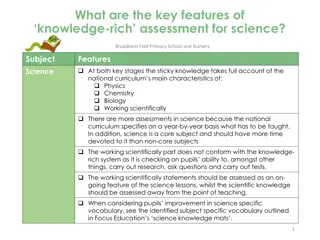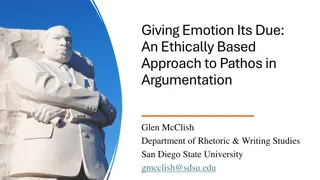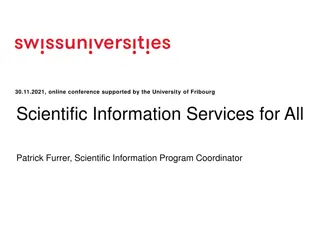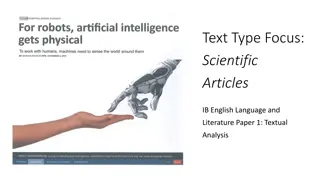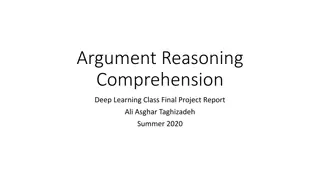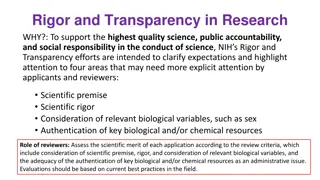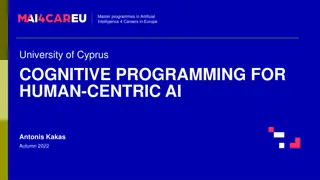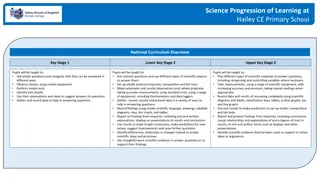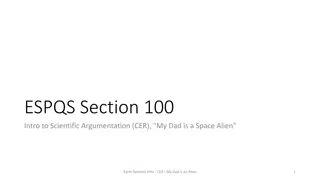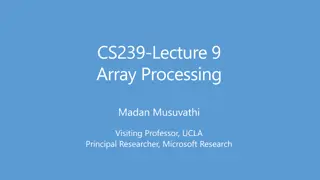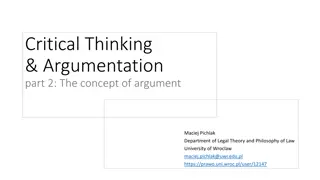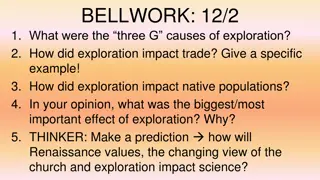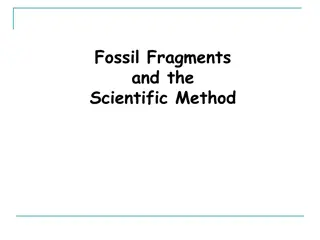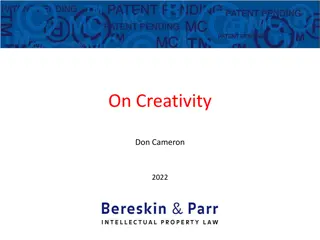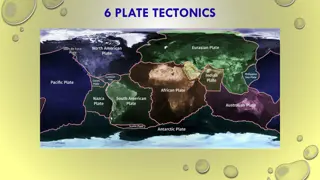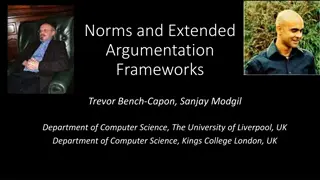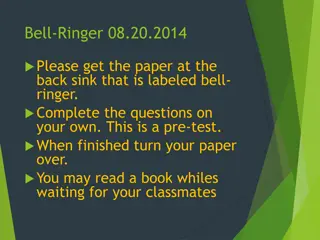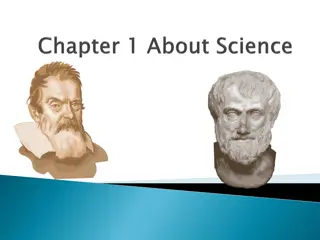Enhancing Scientific Literacy in Early Years Play-Based Learning
This PhD research proposal explores scientific literacy among children in play-based learning, focusing on everyday concepts and their application to scientific understanding. The study aims to implement Vygotsky's sociocultural theory to enhance children's scientific literacy through Vision 1 and V
7 views • 19 slides
Exploring the PROTEOCURE COST Action: Targeting Proteolysis for Proteome Remodeling
The PROTEOCURE COST Action focuses on targeting proteolysis for proteome remodeling, aiming to enhance Europe's scientific and technological capacity through collaboration across various fields and career stages. Participating in this initiative offers financial support, scientific networking, and c
0 views • 17 slides
Understanding Climate Change through Scientific Inquiry
Explore the role of science in addressing climate change, identifying scientific questions, discussing different disciplines involved, and analyzing the strength and limitations of scientific methods. Engage in activities to understand how scientific questions are formulated and categorized for inve
2 views • 22 slides
Evaluation of DryadLINQ for Scientific Analyses
DryadLINQ was evaluated for scientific analyses in the context of developing and comparing various scientific applications with similar MapReduce implementations. The study aimed to assess the usability of DryadLINQ, create scientific applications utilizing it, and analyze their performance against
0 views • 20 slides
Pedagogical Shift in Physical Science: Constructing Knowledge Through Learner-Centered Experiences
There is a significant pedagogical shift in physical science education from viewing science as a fixed body of knowledge to emphasizing the process of constructing knowledge. Learners are now placed at the center stage, engaging in inquiry-based learning, critical thinking, and collaborative interac
3 views • 21 slides
Overview of NASA's Office of the Chief Scientist and Deputy Chief Scientist Dr. David Draper
The Office of the Chief Scientist (OCS) at NASA plays a vital role in advising, advocating, and representing the agency in various scientific matters. Dr. David Draper serves as the Deputy Chief Scientist. The OCS leads initiatives related to scientific integrity, research security, citizen science,
2 views • 11 slides
Understanding the Scientific Method in Measurements and Calculations
Explore the scientific method in detail, including observing, collecting data, formulating hypotheses, testing hypotheses, and formulating theories with practical examples. Understand the importance of experimentation and how it leads to the development of scientific theories. Engage in activities t
6 views • 43 slides
Understanding Scientific Translation: A Vital Tool for Advancing Knowledge
Scientific translation is a specialized practice that involves accurately translating complex terms in fields such as science and technology to facilitate global knowledge exchange and advancement. It requires precision, fidelity to source material, and a deep understanding of technical terminology
0 views • 60 slides
Understanding Scientific Attitude and Pedagogy of Science
Scientific attitude involves open-mindedness, curiosity, rationality, and a desire for accurate knowledge. It includes characteristics such as critical thinking, respect for diverse viewpoints, and a reliance on verified information. Developing a scientific attitude involves studying superstitions,
1 views • 6 slides
Guide to Reading Scientific Papers
Understanding how to read a scientific paper is crucial for researchers and students alike. This guide covers the types of scientific papers, organization of a paper, and the key steps to properly read and comprehend complex scientific information. It explains the different sections of a paper, such
0 views • 20 slides
Understanding the Scientific Method: A Comprehensive Guide
Exploring the scientific method and principles of scientific investigation, this guide covers the mindset of a scientist, steps in the scientific method, and key components like formulating questions, conducting research, creating hypotheses, performing experiments, and analyzing results. It emphasi
1 views • 21 slides
Understanding Stasis Theory in Argumentation
Stasis theory in argumentation helps identify the point of disagreement by categorizing issues into facts, definition, quality, and policy. It assists in framing debates and responses to opponents by asking questions about the nature, seriousness, and plan of action regarding the problem or issue at
1 views • 15 slides
Explore the Scientific Revolution
The Scientific Revolution marked a shift from the medieval worldview to a secular, rational, and materialistic perspective. Key terms such as geocentric and heliocentric conceptions, Cartesian dualism, rationalism, and the scientific method played pivotal roles in shaping this transformative period.
7 views • 10 slides
Understanding Taxonomy and Scientific Classification
Explore the world of taxonomy and scientific classification, from the discipline of classifying organisms to assigning scientific names using binomial nomenclature. Learn the importance of italicizing scientific names, distinguish between species, and understand Linnaeus's system of classification.
0 views • 19 slides
English 131 Textbook: A Comprehensive Guide to Writing, Reading, and Argumentation
This English 131 textbook is divided into six parts focusing on various aspects of writing, reading, and argumentation. It covers defining rhetoric, genre awareness, reading skills, conducting research, argumentation, and strategies for drafting and revising. The textbook provides tools and resource
0 views • 4 slides
Understanding Argumentation: Exploring Explicit and Implicit Arguments
Argumentation is a creative and productive activity that involves critical thinking and inquiry, often in conversation with respected individuals. While argument may seem like a fight or quarrel to some, it is actually a process aimed at finding the best solutions to complex problems rather than jus
0 views • 13 slides
Understanding Argumentation and Realization in AI Master Programmes
Exploring the concept of argumentation and its realization in artificial intelligence master programmes, focusing on the construction, evaluation, and implementation of arguments through cognitive programming. The framework involves structured argumentation, conflict relations, and strength/preferen
1 views • 31 slides
Reassessing Scholarly and Sub-Scientific Mathematical Cultures
Scholarly and sub-scientific mathematical cultures are reevaluated through the works of Jens Hoyrup, focusing on the organized nature of sub-scientific knowledge. The distinction between theoretical and practical knowledge, applications to mathematical cultures, and misconceptions related to the sup
0 views • 53 slides
Key Features of Knowledge-Rich Assessment for Science at Broadbent Fold Primary School
Sticky knowledge in science assessment at Broadbent Fold Primary School encompasses Physics, Chemistry, Biology, and Working Scientifically. Assessments are detailed due to the structured national curriculum, with a focus on specific scientific vocabulary and practical applications. The ongoing asse
0 views • 20 slides
Understanding Pathos in Argumentation: An Ethical Perspective
Pathos, as highlighted by Aristotle, plays a crucial role in argumentation by appealing to the emotions of the audience. While traditional views might view emotion as secondary to reason, a deeper insight reveals that emotion-based elements are essential for crafting powerful and ethically sound arg
0 views • 30 slides
Scientific Services for All - Enhancing Scientific Information and Services
This online conference, supported by the University of Fribourg, focuses on providing scientific information and services for all. Led by Patrick Furrer, the Scientific Information Program Coordinator, the event delves into creating a network of services, developing a coordination structure, and sho
0 views • 12 slides
Quiz Review on Scientific Method and Graphing
Explore a quiz review covering topics related to scientific method, graphing, and experimental design. Understand key concepts such as hypothesis, scientific law, theory, variables, and experimental control through detailed questions and images. Test your knowledge on laboratory safety, inferences,
0 views • 14 slides
Unveiling the Art of Scientific Article Writing
Delve into the world of scientific articles in IB English Language and Literature Paper 1. Understand the purpose, use of language, comparisons, and visuals in scientific writing. Explore how these elements engage readers and simplify complex concepts through examples like stethoscopes and swamp wat
0 views • 9 slides
Understanding Argumentation Mining in AI: A Deep Dive into Reasoning and Warrants
Delve into the realms of AI reasoning and argumentation mining, exploring the concepts of building models for logical decisions and extracting argumentative elements from text. Discover the significance of warrants in constructing compelling arguments within AI systems.
0 views • 19 slides
Fusion Science Department Enabling Research Projects 2021-2023
The Fusion Science Department Enabling Research Projects for 2021-2023 focus on developing novel fusion-relevant scientific and technological ideas. These projects, led by Principal Investigators, are distinct from main work packages and involve scientific planning, team collaboration, and resource
0 views • 11 slides
Enhancing Research Quality through Rigor and Transparency Initiatives
NIH's Rigor and Transparency efforts aim to uphold the highest standards in research, ensuring scientific premise, rigor, consideration of relevant biological variables, and authentication of key resources. Reviewers play a critical role in assessing these aspects to support robust and accountable s
0 views • 9 slides
Ethical Reasoning and Argumentation for Human-Centric AI
Delve into the philosophical basis of ethics in artificial intelligence, exploring levels of ethical reasoning and the importance of moral values and norms. Learn how argumentation serves as a vehicle for ethical decision-making, with practical examples and frameworks for ethical analysis.
0 views • 23 slides
Science Progression of Learning at Hailey CE Primary School Overview
This curriculum overview outlines the scientific learning progression for pupils at Hailey CE Primary School across Key Stage 1, Lower Key Stage 2, and Upper Key Stage 2. It details the development of scientific skills and knowledge, from asking simple questions and making observations to planning a
0 views • 11 slides
Exploring Alien Theories Through Scientific Argumentation
Delve into the intriguing concept of "My Dad is a Space Alien" through scientific argumentation and explanation. The Claim-Evidence-Reasoning (CER) framework is applied to analyze evidence such as weird language, unique diet habits, and possession of a spaceship, supporting the claim that the dad is
0 views • 13 slides
SciDB: Revolutionizing Data Management for Scientific Analytics
SciDB is an open-source analytical database designed to meet the complex data management needs of the scientific community. It offers a unique array-based data model that supports advanced linear algebra operations crucial for scientific analytics. By addressing the limitations of traditional relati
0 views • 39 slides
Understanding the Concept of Argumentation and Critical Thinking
The concept of argumentation involves presenting and defending a series of connected statements to establish a proposition. This process aims to resolve differences of opinion by offering reasons and propositions that can be held accountable. Strong arguments have acceptable premises leading to a re
0 views • 17 slides
Impact of Exploration and Scientific Revolution on Society
Exploration in the age of discovery was driven by economic, political, and religious motives, impacting trade and native populations while leading to significant scientific advancements and changes in societal beliefs. The Scientific Revolution challenged traditional views with new scientific method
0 views • 19 slides
Understanding the Scientific Method Through Fossil Fragments
Exploring the scientific method through the study of fossil fragments involves careful observation, sketching, and inference-making to understand past organisms and habitats. The steps of the scientific method, such as asking questions, conducting experiments, and drawing conclusions, are integral t
0 views • 32 slides
Understanding Scientific Notation and SI Measurement Basics
Explore scientific notation as a method for expressing large and small numbers efficiently in mathematical calculations. Practice converting numbers into scientific notation and learn the rules for multiplication, division, addition, and subtraction in this format. Additionally, discover the benefit
0 views • 41 slides
Insights on Scientific Creativity and Imagination in Science
Explore the origins of ideas, the scientific method, and the role of imagination in scientific discovery through the perspectives of renowned figures like Isaac Asimov, Richard Feynman, and Donald M. Cameron. Delve into the interplay between creativity, constraints, and reality in the pursuit of sci
0 views • 31 slides
Exploring Plate Tectonics and the Scientific Method
Dive into the world of plate tectonics and the scientific method in this lesson. The session covers vocabulary and grammar review, giving and receiving feedback, learning new concepts related to plate tectonics, and understanding participles and participial adjectives. Explore the theory of plate te
0 views • 8 slides
Norms and Practical Reasoning Frameworks in Value-Based Argumentation
Norms play a crucial role in influencing behavior through practical reasoning. Practical reasoning involves using value-based argumentation frameworks to generate and evaluate arguments, as demonstrated in the parable of the Ant and the Grasshopper. The story highlights the importance of planning fo
0 views • 15 slides
Understanding Scientific Notation in Mathematics and Chemistry
Scientific notation is an essential concept for representing very large or very small numbers efficiently. It simplifies numbers by expressing them as a coefficient multiplied by a power of 10. This summary covers the basics of scientific notation, from converting numbers to and from scientific nota
0 views • 55 slides
Understanding the Scientific Method: Pre-Test and Daily Agenda
Explore the process of science with a pre-test on the scientific method, followed by a detailed daily agenda covering activities like bell-ringers, reviews, and experimental design. Understand the nature of science, scientific reasoning, and the importance of variables, groups, and constants in inve
0 views • 51 slides
Evolution of Scientific Thought and the Scientific Method
Explore the evolution of scientific theories and methodologies through the works of influential figures like Aristotle, Copernicus, Galileo Galilei, and Francis Bacon. From the geocentric beliefs of Aristotle to the heliocentric model proposed by Copernicus, witness the shift in paradigms and the em
0 views • 14 slides

